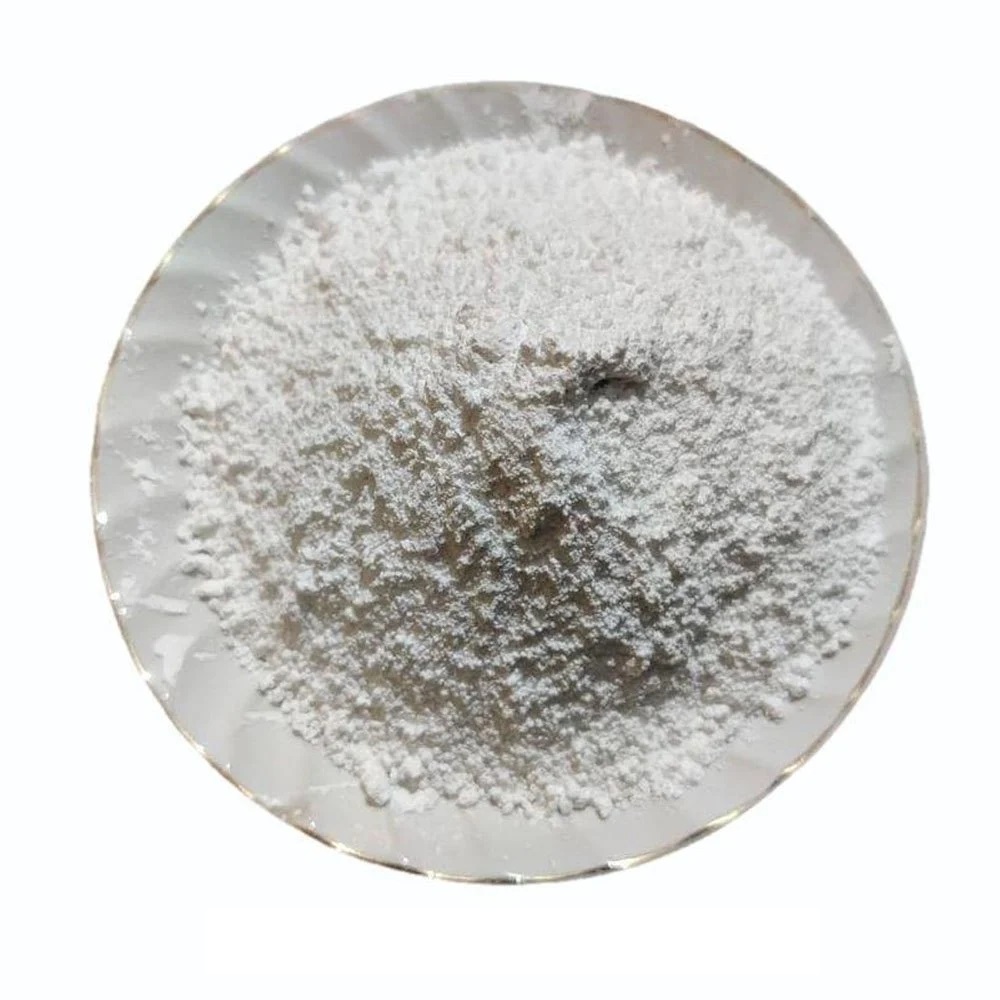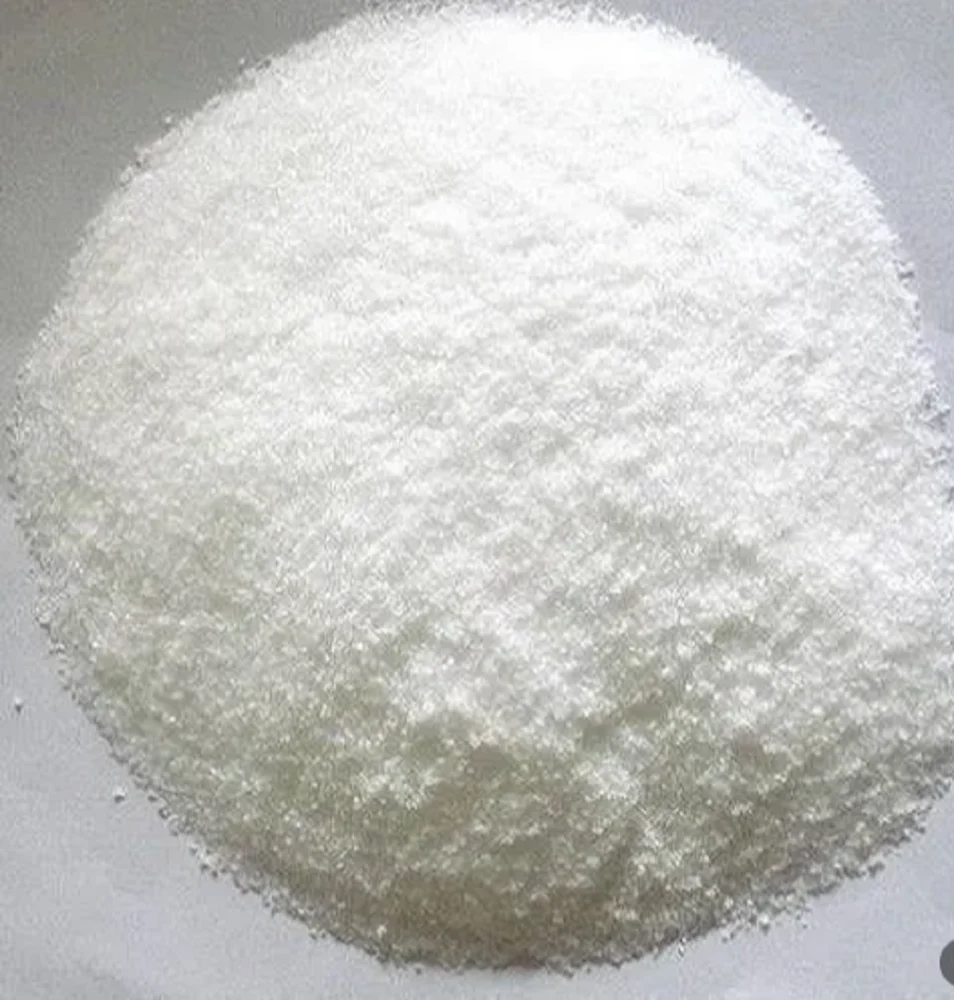Potassium Chloride
Product description
Potassium chloride is a chemical compound that consists of potassium (K) and chloride (Cl) ions. It is commonly used as a supplement to treat or prevent low potassium levels in the blood (hypokalemia), which can occur due to various conditions such as excessive sweating, certain medications, or underlying health conditions. Potassium chloride is available in several forms, including powder, tablets, and intravenous formulations. The powder form is typically mixed with water or other fluids for oral consumption.
Key Components of Potassium Chloride:
- Potassium (K): Potassium is a vital mineral and electrolyte that plays a crucial role in maintaining proper cell function, nerve transmission, and muscle contraction.
- Chloride (Cl): Chloride is an essential electrolyte that helps maintain fluid balance, electrolyte balance, and proper acid-base regulation in the body.
Importance and Benefits of Potassium Chloride Powder:
Maintains Electrolyte Balance: Potassium is one of the key electrolytes in the body, and its levels must be carefully regulated. Electrolytes are electrically charged minerals that help maintain fluid balance, regulate muscle and nerve function, and maintain blood pressure. Potassium chloride helps replenish potassium levels and ensures proper functioning of cells, nerves, and muscles.
Prevents and Treats Hypokalemia: One of the primary uses of potassium chloride powder is to treat or prevent low potassium levels (hypokalemia). Low potassium can lead to a range of symptoms, including weakness, fatigue, muscle cramps, irregular heart rhythms (arrhythmias), and high blood pressure. Potassium chloride provides a source of potassium to restore healthy levels in the body and alleviate these symptoms.
Supports Heart Health: Potassium plays a crucial role in regulating the electrical impulses that control heart rhythms. Adequate potassium levels help maintain a steady heart rate and prevent irregular heartbeats (arrhythmias), which can be life-threatening if left untreated. Potassium also works with other electrolytes (such as sodium) to regulate blood pressure, with higher potassium intake being associated with a reduced risk of hypertension and cardiovascular disease.
Muscle Function and Cramps: Potassium is essential for proper muscle function. It helps muscle cells contract and relax appropriately. A deficiency in potassium can lead to muscle weakness, cramping, and spasms. By supplementing with potassium chloride, individuals can help prevent or alleviate muscle cramps, especially in athletes or those experiencing muscle pain or weakness due to low potassium.
Promotes Kidney Function: Potassium chloride helps maintain optimal kidney function. Potassium works with the kidneys to regulate fluid and electrolyte balance in the body. Maintaining appropriate potassium levels can prevent kidney-related issues, such as kidney stones or kidney dysfunction, that may arise due to potassium imbalances.
Balances Fluid and Acid-Base Levels: Potassium chloride contributes to the regulation of fluid balance and acid-base balance in the body. Potassium ions help maintain proper hydration, while chloride ions play a role in maintaining the body’s acid-base equilibrium, supporting overall metabolic function and cellular activity.
Supports Nervous System Health: Potassium is vital for the nervous system. It helps transmit electrical signals between nerve cells and supports the function of the brain and spinal cord. Low potassium levels can impair nerve function, leading to symptoms like tingling, numbness, and confusion. Potassium chloride helps ensure that the nervous system functions properly by maintaining potassium levels within a healthy range.
Supports Digestion: Potassium also plays a role in supporting the digestive system by helping to maintain the proper contraction of muscles in the digestive tract. This helps ensure smooth digestion and the movement of food through the gastrointestinal system. Adequate potassium levels are important for preventing digestive issues such as bloating, constipation, and poor nutrient absorption.


